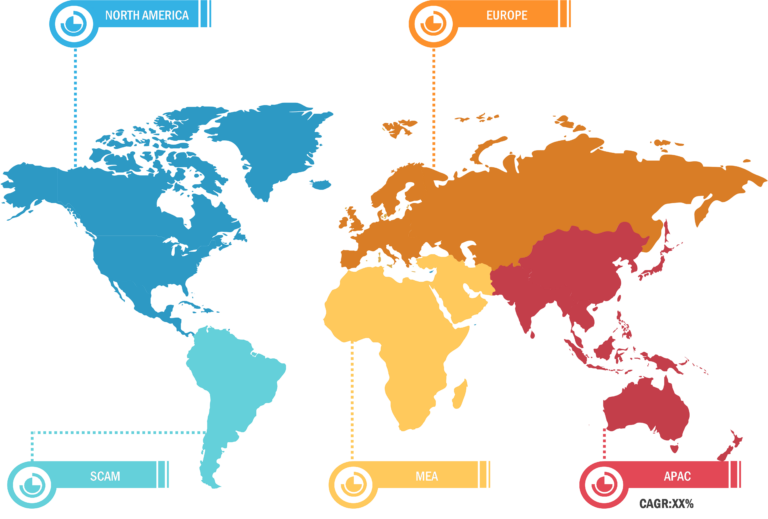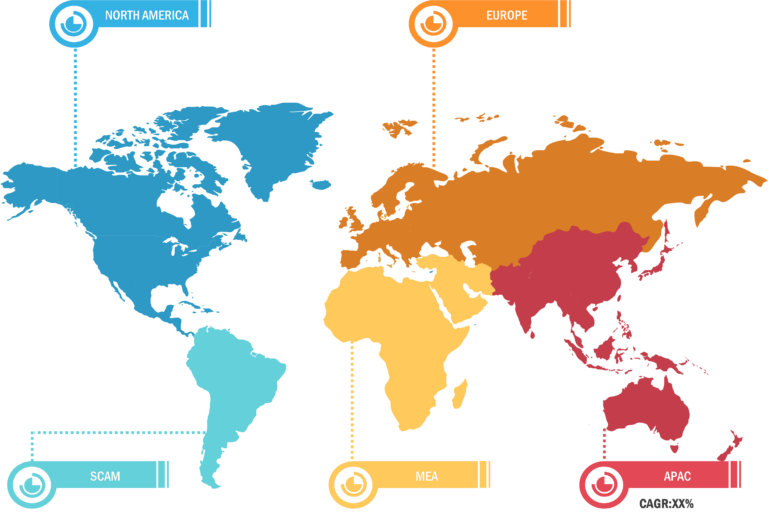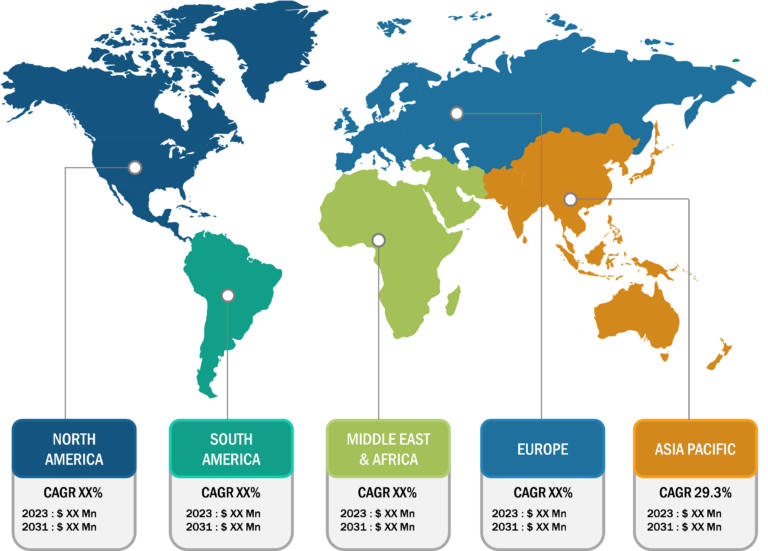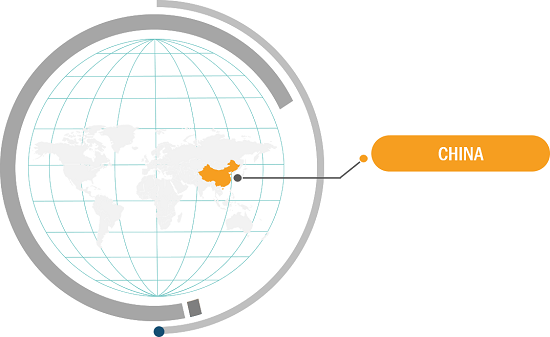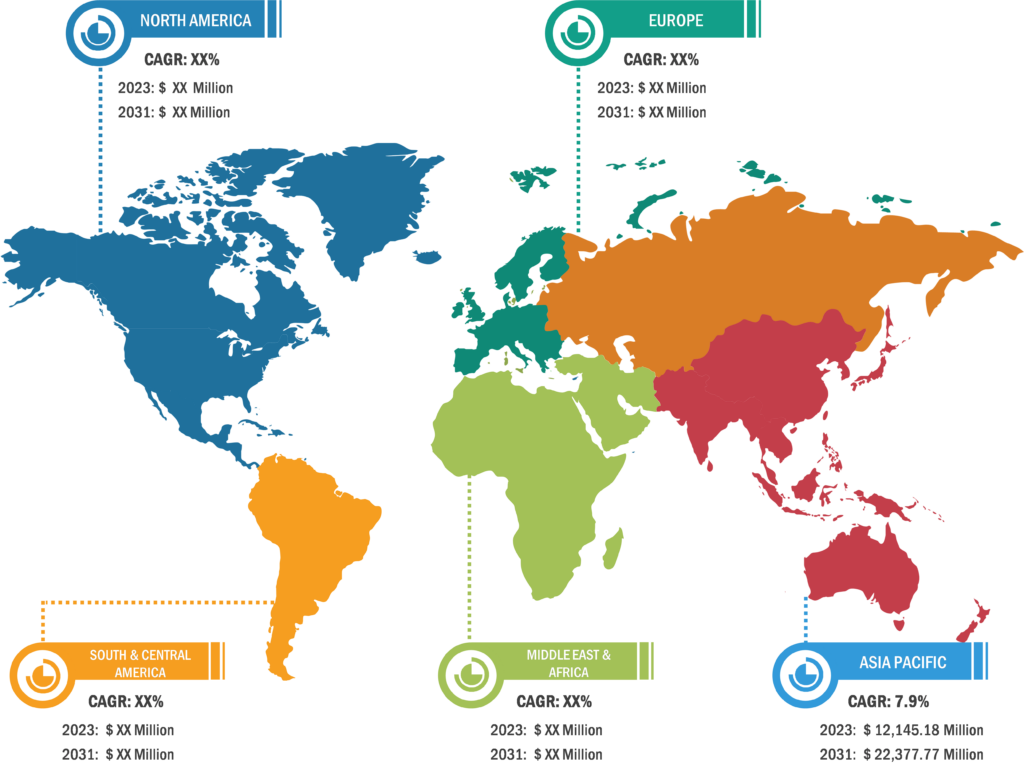
Gastrointestinal Drugs Market
Rapidly progressing research activities in medication development for innovative medicines across the globe fuel the growth of the market. Many research institutes are providing funds to accelerate the discovery of novel methods for treating gastrointestinal illnesses is anticipated to create lucrative opportunities for the development of new drugs, which will positively impact the market growth during the forecast period. The rising prevalence of gastrointestinal diseases and the increasing development of biologics are noteworthy factors contributing to the growing gastrointestinal drugs market size. However, the high cost of biologics hinders the market growth. Moreover, improving research investment for novel drug development and artificial intelligence-based techniques are expected to bring new gastrointestinal drugs market trends in the coming years.
Rising Incidence of Gastrointestinal Diseases Fuels Gastrointestinal Drugs Market Growth
Gastrointestinal diseases are conditions that occur in the gastrointestinal tract. Common digestive problems include heartburn, inflammatory bowel diseases (IBD), inflammatory bowel syndrome (IBS), gastroenteritis, gastroesophageal reflux disease (GERD), constipation, diarrhea, etc. Gastrointestinal diseases are common chronic inflammatory conditions that affect an enormous population worldwide. This is due to a sedentary lifestyle, changing dietary habits, and stress, among other factors. Also, the incidence and prevalence of gastrointestinal diseases are higher in adults, and as the population ages, the disease burden is also expected to increase.

According to the study, “Gastroesophageal Reflux Disease,” published in July 2023, GERD is one of the most prevalent diagnosed gastrointestinal conditions, affecting 20% of people, resulting in a major economic burden in direct and indirect costs and adversely impacting the quality of life. Per the same source, the expected prevalence of GERD in the US ranges between 18.1% and 27.8%. Western countries such as the US, Canada, and the UK are witnessing a high gastrointestinal disease incidence rate due to growing obesity among the adult population, along with less consumption of dietary fiber. As per the study, “How Particle’s Specialty Search Addresses Different Health Conditions,” published in February 2023, digestive diseases rank third among illnesses in overall economic expense in the US, costing an estimated total of US$ 136 billion in annual healthcare expenditures with more hospitalizations than any other condition. In addition, 62 million Americans are diagnosed with digestive disorders each year.
The incidence and prevalence of IBD have increased in the last few decades worldwide due to poor nutritional choices, including a high intake of ultra-processed foods and trans-fats. IBD is a chronic inflammation of the digestive tract and refers to two conditions: ulcerative colitis and Crohn’s disease. As per the Crohn’s & Colitis Foundation of America, ~70,000 new cases of IBD are diagnosed annually in the US. Europe is also experiencing a growing number of chronic digestive diseases due to the aging population and lifestyle factors such as a surge in obesity cases and high alcohol consumption. According to the European Federation of Crohn’s & Ulcerative Colitis Associations, ~10 million individuals are suffering from IBD worldwide. Research conducted by Crohn’s & Colitis UK in 2022 indicates that 1 in every 123 people are either diagnosed with Crohn’s disease or ulcerative colitis in the UK, representing a total of half a million people in the country suffering from IBD. Furthermore, the incidence and prevalence of IBS have increased in the last few decades globally. As per the International Foundation for Gastrointestinal Disorders, Inc., IBS is the most prevalent functional gastrointestinal disease, with a prevalence rate of 10–15% of the population across the globe. A study conducted by the University of Gothenburg states that for every ten adults in the world, four suffer from functional gastrointestinal disorders of varying severity. In the US, there are approximately 2.4–3.5 million hospital visits for IBS annually. Thus, the rising prevalence of gastrointestinal diseases worldwide boosts the demand for treatment of these conditions, thereby fueling the gastrointestinal drugs market growth.
Gastrointestinal Drugs Market: Competitive Landscape and Key Developments
Sanofi SA, GSK Plc, Johnson & Johnson, Bausch Health Companies Inc, AstraZeneca Plc, Takeda Pharmaceutical Co Ltd, AbbVie Inc, Bayer AG, Pfizer Inc, and Celltrion Inc are a few key companies operating in the market. These companies focus on product innovation strategies to meet evolving customer demands, along with maintaining their brand name in the gastrointestinal drugs market.
As per company press releases, a few recent developments initiated in the global gastrointestinal drugs market report are mentioned below:
- In May 2024, Strides Pharma Global Pte. Ltd received approval from the US FDA to market the generic version of Sucralfate Oral Suspension, 1gm/10 mL. The medication is used for the treatment of gastrointestinal diseases such as stomach ulcers, GERD, and stomach inflammation, as well as to help avoid stress ulcers.
- In October 2023, Pfizer Inc. received approval for VELSIPITY (etrasimod), an oral, once-daily, selective sphingosine-1-phosphate (S1P) receptor modulator from the US FDA. It is used for the treatment of adults suffering from moderate to severe active ulcerative colitis.
- In May 2023, AbbVie received US FDA approval for RINVOQ (upadacitinib) to treat adults with mild to severe active Crohn’s disease having an inadequate response or intolerance to one or more TNF blockers. It is the 7th FDA approval for RINVOQ across rheumatology, dermatology, and gastroenterology, where it is now indicated in both ulcerative colitis and Crohn’s disease.
- In May 2020, Sanofi, a top manufacturer of brands such as Buscopan for Irritable Bowel Syndrome and Dulcolax for constipation relief, entered the digestive wellbeing market space with the introduction of a new food supplement, Buscobiota. This food supplement contains three types of Lactobacillus and two types of Bifidobacterium, which can be utilized as a preventive medication for chronic constipation.
- In April 2020, Cara Care collaborated with the Consumer Healthcare Business Unit of Sanofi, Germany, on a holistic approach to digestive health that integrates the availability of Sanofi’s Buscomint bei Reizdarm pharmaceutical drug on Cara Care’s Digital Companion App.

